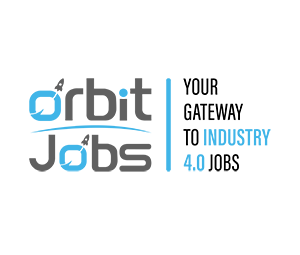As the millennial generation continues to establish its presence in the workforce, a new wave of young professionals is emerging—the Gen Z cohort. Born between the mid-1990s and early 2010s, Gen Z brings fresh perspectives, technological prowess, and unique expectations to the table. This article explores the rise of Gen Z dominance in the workplace and provides insights on how millennials can adapt to this evolving landscape.
1. The Growing Influence of Gen Z
Data suggests that Gen Z is on the verge of overtaking millennials as the largest generation in the global workforce. According to a study conducted by Pew Research Center, Gen Z accounted for 40% of global consumers in 2020. This demographic shift has significant implications for workplace dynamics, as Gen Z’s values, priorities, and preferred working styles differ from those of their millennial predecessors.
2. Embracing Technological Fluency
One notable trait of Gen Z is their innate familiarity with technology. Having grown up in the digital age, they are often referred to as “digital natives.” This generation’s expertise with various digital tools, social media platforms, and virtual communication channels allows them to adapt quickly to technological advancements. To remain competitive, millennials should embrace a similar level of technological fluency by continuously upgrading their digital skills and exploring emerging technologies relevant to their respective industries.
3. Promoting a Collaborative Environment
Gen Z places a strong emphasis on collaboration and teamwork. They value open communication channels, inclusivity, and the opportunity to contribute ideas. Millennials can foster a collaborative environment by promoting cross-generational mentoring programs, facilitating knowledge-sharing platforms, and creating opportunities for Gen Z employees to voice their opinions. By leveraging the strengths of both generations, companies can harness the power of intergenerational collaboration to drive innovation and productivity.
4. Flexibility and Work-Life Balance
Unlike previous generations, Gen Z prioritizes work-life balance and seeks flexibility in their careers. They value remote work options, flexible schedules, and healthy integration of personal and professional lives. To accommodate these preferences, millennials can advocate for flexible work policies within their organizations, highlighting the benefits of work-life balance on employee well-being, productivity, and retention. By championing these initiatives, millennials can align their own aspirations with the changing expectations of the younger workforce.
5. Embracing Diversity and Inclusion
Gen Z is known for its commitment to diversity and inclusion. This generation celebrates individuality, cultural differences, and social justice causes. To foster an inclusive work environment, millennials should actively engage in diversity and inclusion initiatives. By championing fair hiring practices, promoting diversity training, and encouraging open dialogue on social issues, millennials can help create a workplace culture that aligns with Gen Z’s values, attracting and retaining top talent from this generation.
By bridging the generational gap, companies can foster an environment that capitalizes on the strengths and perspectives of both millennials and Gen Z, driving innovation and success in the years to come.







